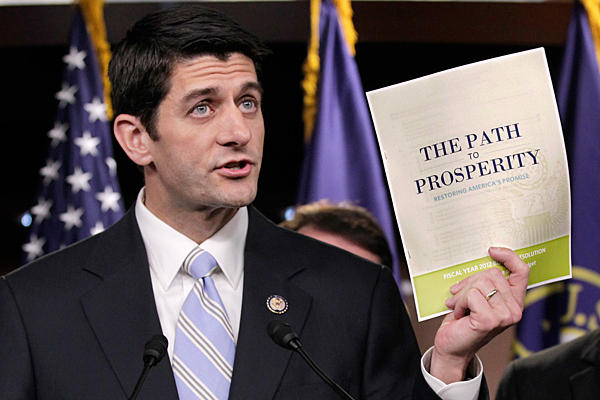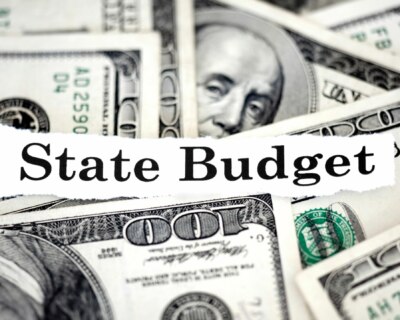
Commentary: Ryan Budget a Monumental Opportunity for Reigning in Federal Deficits
Proposed Budget and Ensuing Debate Hold Lasting Implications for Louisiana and Nation
As Friday’s deadline for a budget agreement casts a shadow over Capitol Hill, our nation is losing out on an historic opportunity to reign in government spending and right the fiscal course of our future. As ably demonstrated in the Wall Street Journal, this budget plan, designed by Republican Rep. Paul Ryan of Wisconsin, offers a once-in-a-generation reform.
However, partisan stubbornness in the Senate threatens to derail any such agreement and force a partial shutdown of the federal government, with harsh implications for the nation.
Ryan’s proposal is testament to genuine conservatism and forward thinking fiscal restraint. It aims to return spending to 20 percent of the GDP, add $4.7 trillion less to the national debt over 10 years, and cut $179 billion and $241 billion from the 2012 and 2013 White House budgets, respectively. It would decrease federal borrowing to 2 percent of the GDP by 2017, down from 10 percent, cut the personal and corporate tax rates to 25 percent, and eliminate loopholes which allow companies such as General Electric to pay few taxes.
The Ryan Budget outlines essential reforms to Medicaid and Medicare as well. States would receive federal “block grants” to administer Medicaid themselves, allowing for flexibility and cost-effective options which provide better care. Beginning in 2022, Medicare would become a “premium support system,” in which the federal government pays a $15,000 subsidy to the private insurer of one’s choice.
Chris Edwards of the Cato Institute writes that this Medicare reform will “slow the growth of spending over the time through competition and senior choice, rather than continue on Medicare’s current path of government-rationed care.”
While some conservatives argue that the Ryan Budget does not go far enough, the necessity of political compromise inhibits efforts to target certain areas, such as social security and military spending. Although there is indeed further progress to be made, it is inarguable that the Ryan Budget is vastly preferential to the status quo.
President Obama’s budget enacts no meaningful fiscal reform and avoids all of the so-called sacred cows, such as Medicare and Medicaid, which truly drain our country of money. It would run annual deficits of approximately $600 billion a year over the next decade and would add trillions in tax increases.
Refusing to acknowledge the unsustainability of our current course, Democratic leaders are hounding the Ryan budget for its supposed severity and ideologically-driven agenda. Yet, it is the most serious effort to curb record deficits and debts – by either party – in decades.
In the event of a government shutdown, Louisiana would suffer more pointedly than the rest of the country. An approximate 19,000 federal workers in Louisiana could be temporarily put out of work. On top of that, recent progress revitalizing the offshore oil and gas industries could be negated by a shutdown. As noted by Michael Bromwich, director of BOEMRE, the most recent government shutdown in 1995 resulted in the permitting process lying dormant, as well.
Louisiana can ill-afford another economic setback, no matter how temporary it may be. The partisan pettiness of certain elements in Congress spells long-run disaster for our state and country. To discard serious reform efforts such as Ryan’s for the sake of politics would be tragic.
Jamison Beuerman is a contributing writer at the Pelican Institute for Public Policy. He can be reached at jbeuerman@pelicanpolicy.org and on Twitter @jbeuerman.




